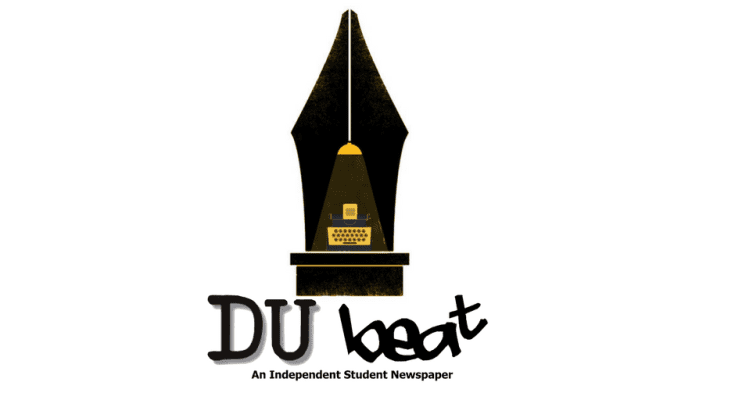The Executive Council of the University of Delhi (DU) has approved the semester system for the School of Open Learning (SOL) and Non-Collegiate Women Education Board (NCWEB) starting from the current academic session.
The Executive Council of DU was called on Saturday to discuss the introduction of semester system in the SOL and NCWEB, and it has decided to introduce the semester system from this academic session.
The SOL and NCWEB are currently following the aannual system in which the exams are conducted in the month of May.
It was decided in an earlier meeting that the Choice Based Semester System (CBCS) would be introduced in these two institutions from the academic session of 2019-2020.
The semester system would enable these two verticals to be identical to regular colleges.
Some officials expressed dissent, as they felt that this move has been taken in a hurry and would affect the students who have enrolled on an annual basis as classes have begun and the study material has also been handed over.
Akansha, who is a B.Com. student in SOL, seemed disappointed and had this to say- ”There are mainly three reasons for choosing correspondence, those who choose it for convenience and do not have time for regular classes would be pissed as this defeats the purpose and who cannot afford regular education or do not have enough marks to get onto a regular college. I am pissed.”
SOL enables the students to enrol themselves in various courses and programs without being physically present to attend classes unlike other colleges in DU.
This means that students enrolled in undergraduate honours courses will have their examinations under the Central Examination Centre, since SOL offers very few honours courses. Notifications for the schedule of examinations and filing of forms for the students of NCWEB shall be along with regular semester students. Whereas semester exams for non-honours students would be undertaken by SOL.
The annual system only has one examination whereas the semester system has two examinations during the months of December and May.
The fee structure also varies as semester system requires fee payment to be done in two instalments unlike the annual system with single payment.
The SOL, which was founded in 1962, is one of the largest distance education institute in the country with over five lakh students in its fold, and around one and a half lakh students enrolled annually.
NCWEB, which is exclusive to women, provides weekend to females residing in the national capital.
Feature Image Credits: DU Beat
Stephen Mathew










